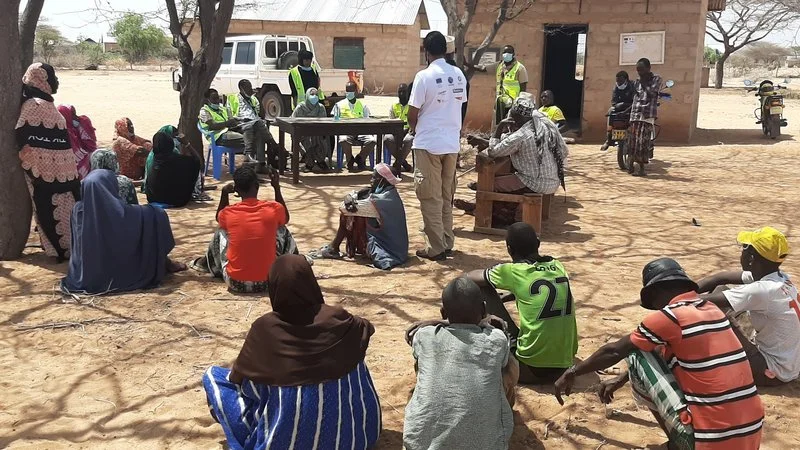A well-functioning independent media system is critical to sustainable social and economic development, and a bulwark of peaceful, economically prosperous societies. Greater citizen engagement, stronger accountability and lower corruption are all attributable to the presence of professional news media. A vibrant news sector is also fundamental as the first line of defence against democratic backsliding and autocratisation, whose first step is often to undermine media freedom and financial viability. Credible news media provide sunlight on critical social, economic and political issues to ensure a well-informed civil society and accountability of industry and private interests
CHALLENGES TO LOCALIZATION
This article captures the full range of notes and ideas about the challenges to localization, generated by workshop participants during brainstorming and small group discussions. The views and conclusions contained in this article are primarily those of non-USAID participants and should not be interpreted as representing the views, positions, or official policies, either expressed or implied, of the U.S.Government.
Position Paper From The Kenya Civil Society Organizations (CSOs) | Domestic Resource For Sustainable Health Financing
Civil Society Organizations (CSOs) have been instrumental in advocating for increased financing towards health in Kenya, playing a crucial role in shaping policies, monitoring their implementation, and providing evidence-based recommendations for improving health outcomes. CSOs have championed allocating, prioritising, and utilising resources for essential health programs, ranging from community health to primary healthcare, maternal and child health, TB, HIV/AIDS, and malaria. Through their efforts, CSOs have facilitated public participation, conducted research, monitored and evaluated health programs, and promoted social accountability, resulting in more effective utilisation of health resources.




